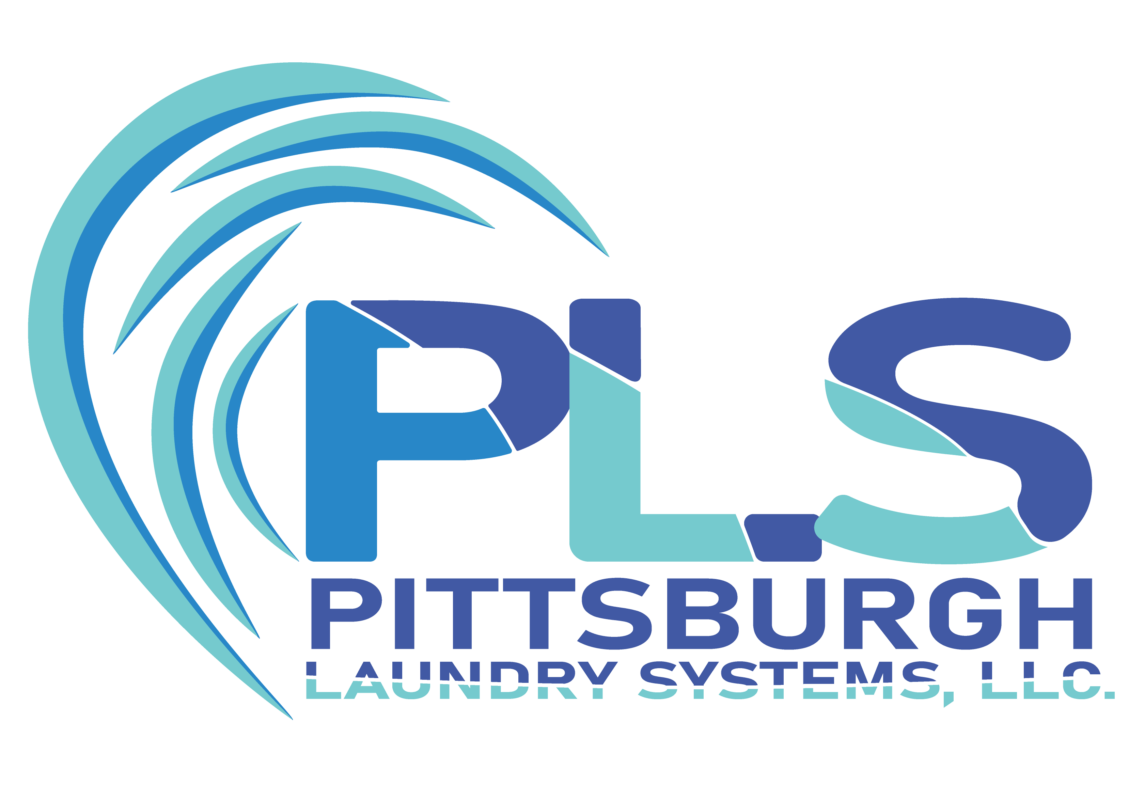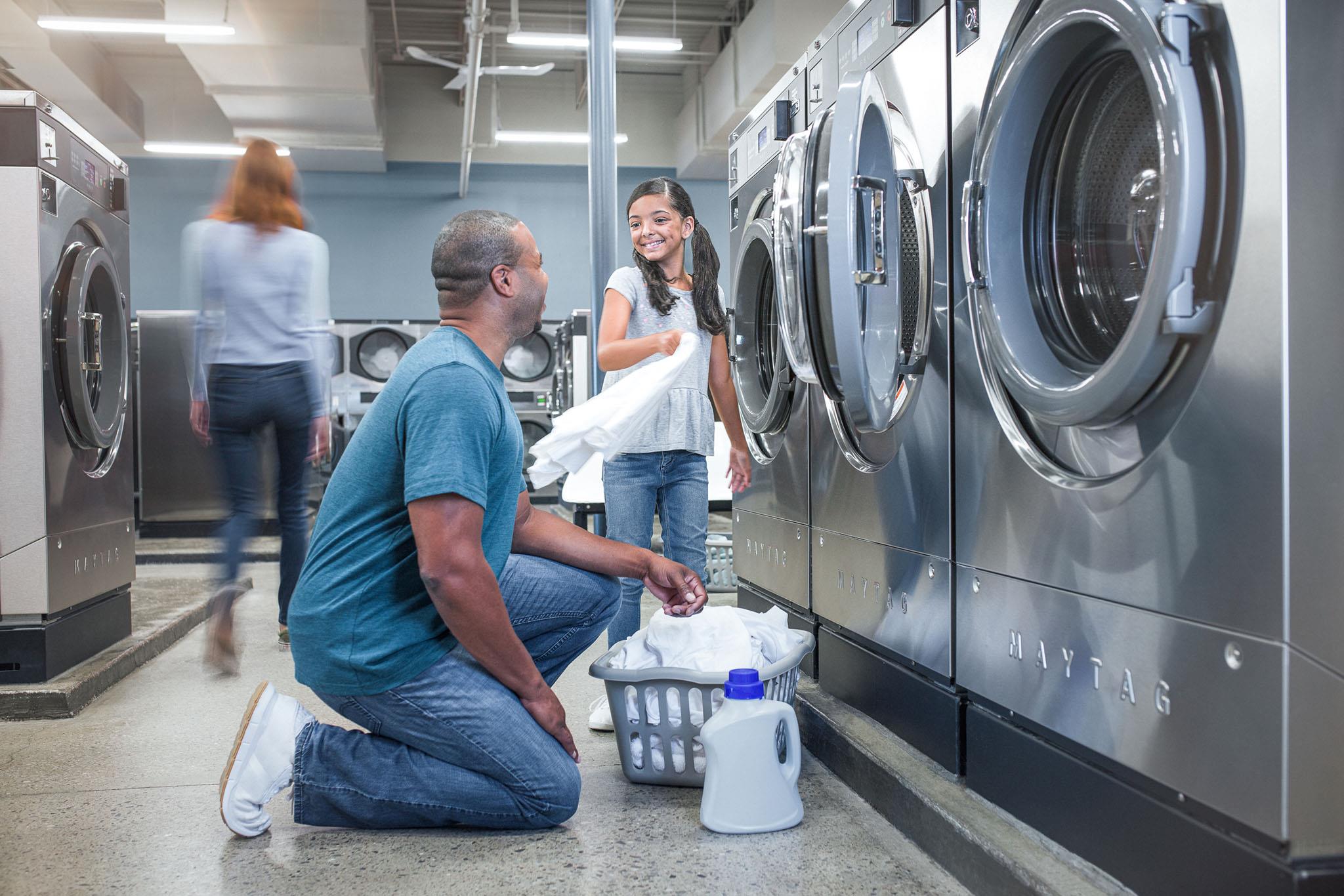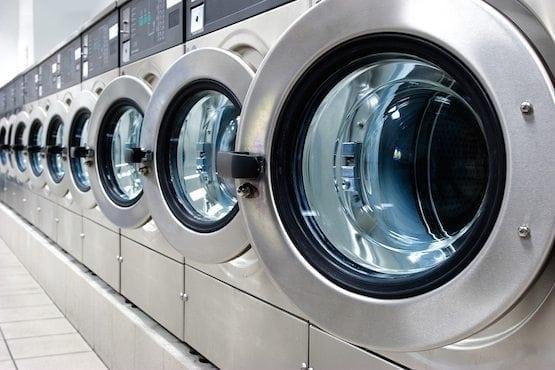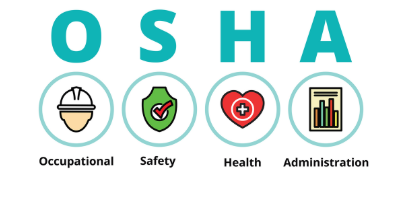Pittsburghlaundry
Those Pesky Health and Safety Regulations of the Laundromat Business
Health and safety regulations are a crucial part for operating a laundromat safely and legally. The safety of our customers is a #1 priority. OSHA inspections do happen periodically, so be prepared! Here are some key aspects to consider:
1. Food Storage:
- Proper Storage: Store detergents, cleaning chemicals, and any hazardous substances in clearly labeled, secure containers away from customers and food items.
- Material Safety Data Sheets (MSDS): Maintain MSDS for all chemicals used and ensure staff are trained on handling them safely.
- Ventilation: Ensure adequate ventilation to prevent the buildup of fumes from chemicals and cleaning agents.
2. Electrical Safety:
- Regular Maintenance: Have qualified electricians inspect wiring, outlets, and equipment regularly.
- Ground Fault Circuit Interrupters (GFCIs): Install GFCIs on all outlets near water sources to prevent electrical shocks.
- Equipment Checks: Regularly inspect washers, dryers, and other electrical appliances for damage or faults.
3. Water Safety:
- Water Quality: Use clean, safe water and regularly inspect plumbing for leaks or contamination.
- Drainage: Ensure proper drainage systems to prevent water accumulation and slips.
4. Fire Safety:
- Fire Extinguishers: Install and maintain appropriate fire extinguishers (Class B for flammable liquids, Class C for electrical fires).
- Emergency Exits: Clearly mark and keep exits unobstructed.
- Fire Drills: Conduct regular fire drills and staff training on emergency procedures.
5. Slip, Trip, and Fall Prevention:
- Flooring: Use non-slip mats or flooring in areas prone to water spills.
- Clean Spills: Promptly clean up water or detergent spills.
- Signage: Use warning signs for wet floors.
6. Personal Protective Equipment (PPE):
- Staff Training: Train staff on the proper use of PPE like gloves, masks, and eye protection when handling chemicals.
7. Customer Safety:
- Clear Instructions: Provide clear signage for safe use of machines.
- Child Safety: Keep small parts and chemicals out of children’s reach; supervise young customers.
- Maintenance Notices: Notify customers of machine maintenance or hazards.
8. Waste Disposal:
- Chemical Disposal: Follow local regulations for disposing of hazardous chemicals.
- General Waste: Use appropriate bins and regularly empty to prevent contamination or pest issues.
9. Compliance and Documentation:
- Stay updated with local health and safety regulations.
- Keep records of safety inspections, training, and incident reports.
Adhering to these health and safety standards helps protect employees, customers, and your business from accidents and legal issues. Remember, safety is the first line of defense for any business to be successful. Good luck on your new venture and check back for more helpful information from Pittsburgh Laundry Systems!










